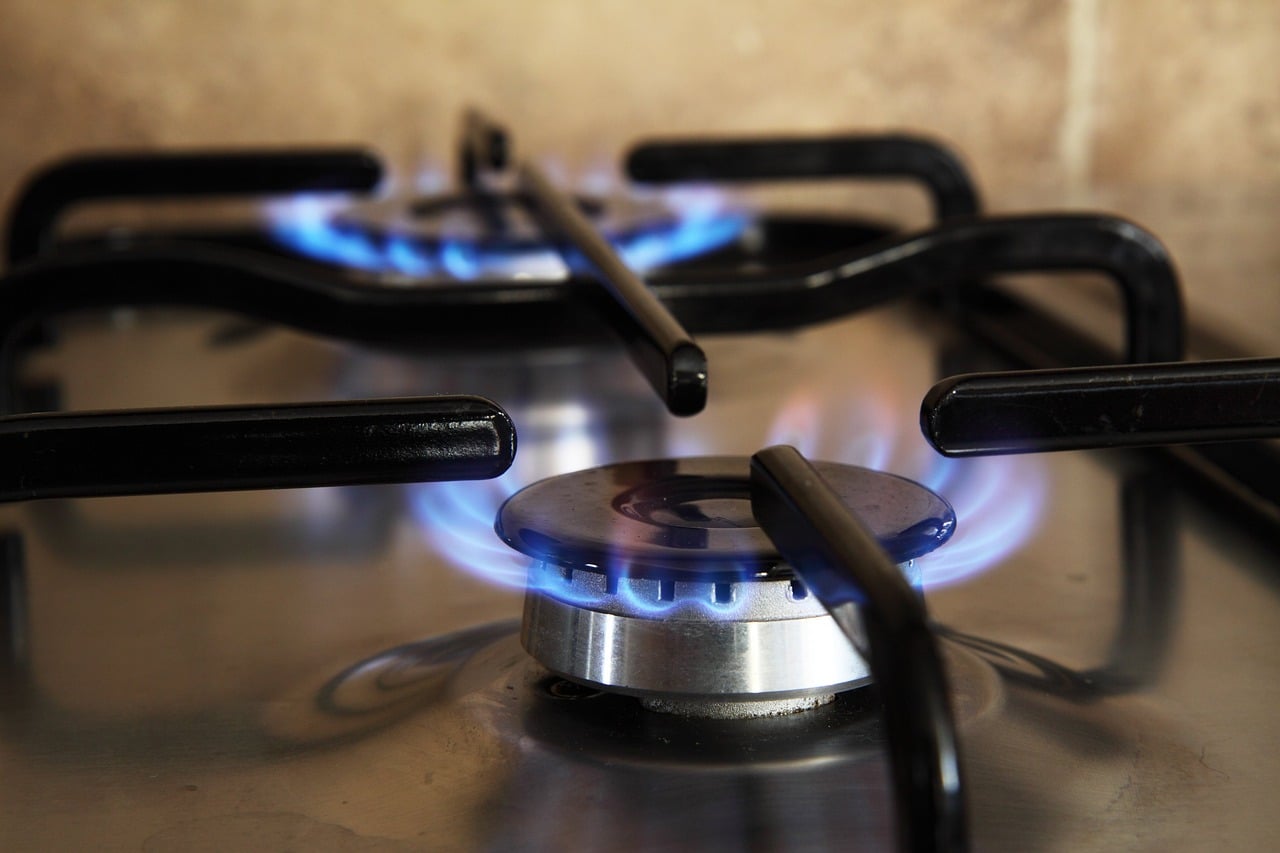
Natural gas comes from geological formations and reaches homes through pipe networks.
Natural gas is a mixture of gases composed mainly of methane . It is a combustible gas that comes from geological formations , which is why it constitutes a non-renewable source of energy .
In addition to methane, natural gas can contain carbon dioxide , ethane , propane , butane , and nitrogen , among other gases. These components make the use of natural gas polluting .
In addition to its presence in fossil deposits , natural gas can be obtained from the decomposition of organic remains . This process is promoted in specialized treatment plants that produce the so-called biogas .
Transportation and storage of natural gas
When gas reserves are located in remote places where it is not profitable to build gas pipelines to bring gas to homes and industries , it is possible to process natural gas to convert it into liquefied natural gas (LNG) . Thus, in liquid form, its transportation is facilitated. LNG is usually transported at -161ºC, since liquefaction can reduce the volume of gas by up to 600 times.
Natural gas stored at high pressures (between 200 and 250 bar) is transformed into compressed natural gas (CNG) , a fuel that is used in vehicles since it is economical compared to gasoline .
Another use of natural gas appears with the production of hydrogen , which is also an alternative fuel for vehicles. In these cases, hydrogen can be used through combustion (with an combustion engine ) or through a fuel cell (hydrogen is converted into electricity and powers an electric motor).

It is important to take care of safety when transporting, storing and using natural gas.
The risks
The use of natural gas, like the use of any toxic substance, has its risks; It is a danger that, unlike others, is not seen and can barely be perceived through the senses, therefore it is extremely important to take certain precautions to avoid catastrophes that could result in death.
It must be considered that natural gas is transported through a network of pipes to reach each device that will use it for its operation. It often happens that, for certain reasons, these pipes suffer breakdowns and lose the mandatory hermetic seal to prevent the gas from dispersing into the environment ; In this situation it is necessary to cut off the supply until the fault is repaired. In any case, there are a series of preventive actions that can be essential to prevent the pipes from breaking down, they are:
- Keep the appliance coils constantly lubricated to prevent a lack of lubricant from causing leaks in the ducts;
- Periodically clean the stopcocks to prevent the passage of time and the accumulation of impurities from preventing them from sealing correctly;
- Do not make connections using extensions or hoses or remove extensions from behind the kitchen ; It is also necessary that each device has its own stopcock;
- All environments in which open chamber appliances operate , such as natural draft heaters, infrared ray stoves or kitchens, must have the recommended air compensating grilles (one in the upper third and another in the lower third of the room and they must border with the exterior to allow the entry and exit of air to avoid toxicity in the environment ;
- Carry out reviews every two years to check that the installation continues in perfect condition.
Furthermore, if you smell the slightest smell of gas, it is necessary to avoid the use of any flammable element (matches, cigarettes, etc.) and you should not turn on light switches or any electrical device. It is essential to immediately close the gas inlet valve and ventilate the room by opening as many doors and windows as possible.
